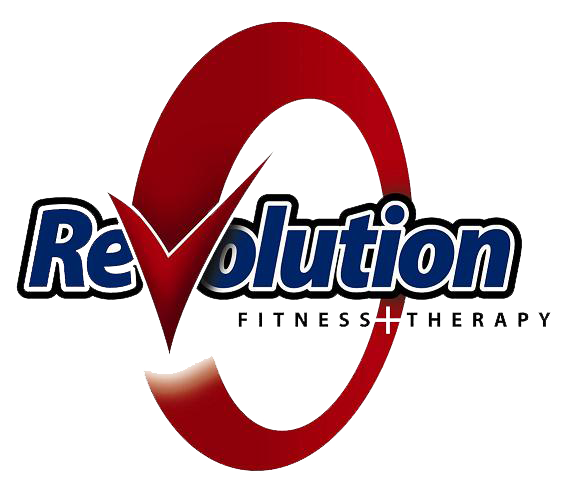I’ve always applauded my son Jackson for how he’s evolved with autism. Granted, it wasn’t done alone. It’s taken the help of a school focused on children with developmental disabilities and many hours and years of additional therapies to make even the smallest changes in his behaviors.
Ask any parent of a special needs child: it’s all worth it.
For those of us who wouldn’t consider ourselves on the autism spectrum, change still requires work. Change still requires discomfort. Change still requires that we be different. Different than we were before.
I’m not sure how well your health goals have fared over the last couple of months. Some of my clients actually did quite well as they methodically got closer to their physique goals. Some were happy to maintain their weight. Some gained more than they anticipated.
I’d say the last group comprised the majority of my clients, which by my definition, I call “normal”.
Now that the economy is gradually reopening for most around the domestic U.S., we’re starting to see clients transition back to some degree of the previous normal before the lockdowns began.
As most of us are making that transition back, it could be helpful to start asking more critical questions regarding how our health fared over the last two months.
I was speaking with one of my clients just this past week. His workouts have been more consistent and he feels like his diet has been mostly on point as well. The sticking point for him (as it is for many) is liquid calories. This particular client has a very stressful job with a lot of long hours. As a result, caffeine consumption is high during those shifts, courtesy of energy drinks, and when he’s not working, alcohol consumption increases.
He inquired about the effect of those energy drinks as a potential problem thwarting his weight loss efforts. I asked him how many calories were in those drinks.
“Zero”, he replied. “But what about the artificial sweeteners?”
I told him I wasn’t concerned about artificial sweeteners in the grand scheme of the diet. If you’d like some more insight on why I believe that, this is a great article for a reference point by Abby Langer, RD.
I told him, my biggest concern was the alcohol intake. I’m not asking my client to go dry. Just, find the places where he can reasonably reduce quantity and frequency and see how the scale behaves in accordance.
I joked with him though: “What’s the adage? Nothing changes if we don’t change…”
He laughed in agreement.
Another client has been struggling with using food as a coping mechanism for stress during the quarantine. Like me, she has a neurotypical child and a child with autism.
She’s got her own pre-existing health conditions and I asked her to start making a note of how she felt when she ate certain foods. Do specific foods make you feel bloated, gassy or lethargic? Take note. Find the trends. Remove the offenders (for the time being).
More pointedly, she’s been having a lot of physical discomfort lately. I asked her to find an area of her life/diet that provided the least resistance to change but the most potential benefit. Her response: I need to stop eating ice cream every day.
I’d call this a very easy solution to a potentially big issue. In her case, maybe she limits ice cream to once a week or she uses it as something of a small reward to herself when she’s gained weight loss momentum. It’s important to note that this is not a long-term or one size fits all solution. I asked her to consider what would make her feel best under the circumstances and to realize that this tactic could work great or not work at all. Anything is worth trying if it’s with the right mentality moving forward.
I bring up these examples because change is at the heart of all we do. It goes beyond fat loss and beyond body improvement. It’s about making decisions that make us feel empowered, it’s about building skills that promote our values and it’s about making incremental and/or significant steps towards our idea of a better/healthier self.
None of which can be realized without change.
None of which can be committed to without being different.
Like the changes and adaptations my fellow special needs parents recognize we need to make for our children, we have to consider that even those of us without special needs have to change something within ourselves if we want to see things improve.
Diet books don’t prepare you for these things.
No supplement can fix it either.
You may need the help of a coach, a support system and a fresh perspective on how your environment is affecting your dietary decisions. Yes, it could be as simple of a solution as “just cool it on the potato chips” but there’s normally something more brewing under the surface.
If you gained weight over quarantine, you are certainly forgiven. That weight, can easily be reversed (should that be a goal of yours).
Many of us saw sides of our lives and personalities we never realized we had until we experienced the last couple of months as they transpired.
Maybe the question I can leave you with to ask yourself is: How different are you willing to be to influence the change you’re wanting to make?
Now might be a good time to find out.
“We Make Great People Greater”
(Jackson, 12, below in the red hanging out with his little brother, Sebastian, 2).

